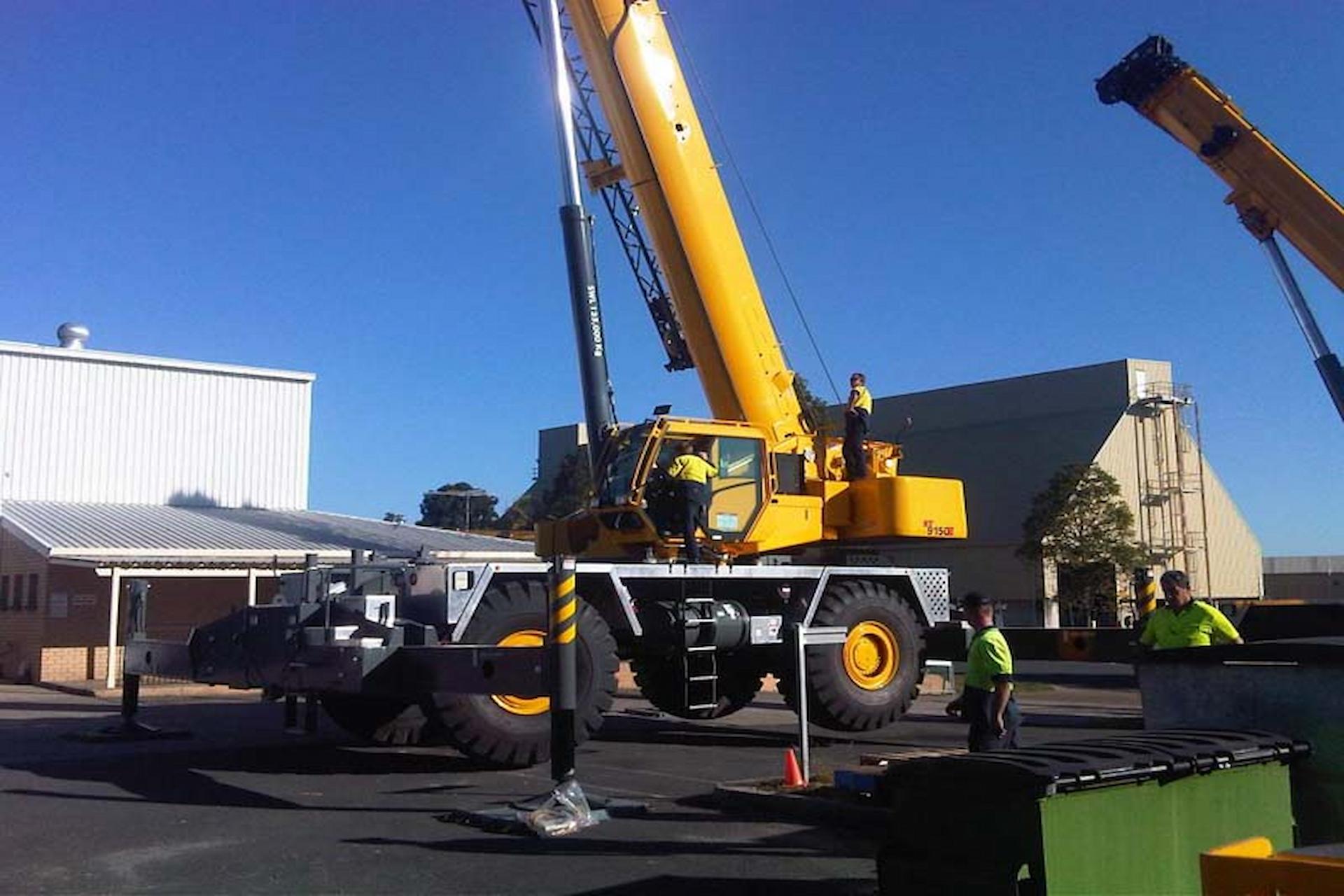Commercial companies in ‘hands on’ industries like manufacturing and engineering often find themselves needing to lift seriously heavy loads. Needless to say, lifting heavy items, such as vehicles, generators, engines and structures for example, doesn’t just require a lot of planning and suitable staff, it also requires the right lifting equipment. While large companies are likely to have suitable lifting apparatus on hand to help them achieve these aims, most other enterprises typically need to hire their equipment from specialist providers.
Hiring lifting equipment
In general, most commercial companies have two choices when it comes to hiring equipment which will help them to carry out lifting operations: they can hire the equipment on a standalone basis and manage the lift themselves, or they can pay the organisation they are hiring the equipment from an additional fee to carry out the entire lifting operation on their behalf (contract hire).
The limitations of the DIY option
While hiring equipment on a standalone basis and and managing the lift themselves may seem like a good option to some, there are issues which companies contemplating this option need to bear in mind. For instance, it is absolutely vital that someone within the organisation has relevant knowledge, experience and understanding of lifting operations. Simply put, any company considering this option must have a competent individual – an appointed person – on their staff who is willing and able to be in control of the lifting operation.
Enterprises that do not have appointed persons within their organisation will not be able to manage a lifting operation by themselves. This is because The Lifting Operations and Lifting Equipment Regulations (LOLER) 1998 state that ‘all personnel involved in a lifting operation must have adequate knowledge, experience and understanding of lifting operations for a safe lift.’
Going down the contract hire route
Clearly, contract hire is far and away the best route for companies that aren’t blessed with suitably competent and experienced personnel to go down as this will enable them to devolve the responsibility of the lifting operation to the hire company’s own CPCS Appointed Persons (Lifting Operations).
In addition to appointed persons, all leading hire companies providing comprehensive contract hire lifting services also ensure they have CPCS Slinger Signallers performing certain duties on their lifting projects. These expert professionals help to make the overall lifting process even more safe and straightforward by:
- Determining the safety of the load landing area;
- assessing the weights of loads prior to lifting;
- guiding loads using two-way radios or pre-determined hand signals;
- ensuring that the correct slings or chains are used for particular tasks.
Suffice to say, all Slinger Signallers are required to hold a current CPCS competency card.
Summary
Going down the contract hire route means no company, regardless of whether it operates in manufacturing, engineering or any other ‘hands on’ industry, need ever worry about moving heavy items. To be sure, not having staff with the relevant knowledge and experience to help carry out lifting operations is no problem when contract hire organisations and their qualified personnel are so readily available.
About the author – Bo Heamyan blogs regularly about travel and transport issues and enjoys nothing more than extolling the virtues of the often underrated UK haulage industry on leading websites like DW-Transport.co.uk.

